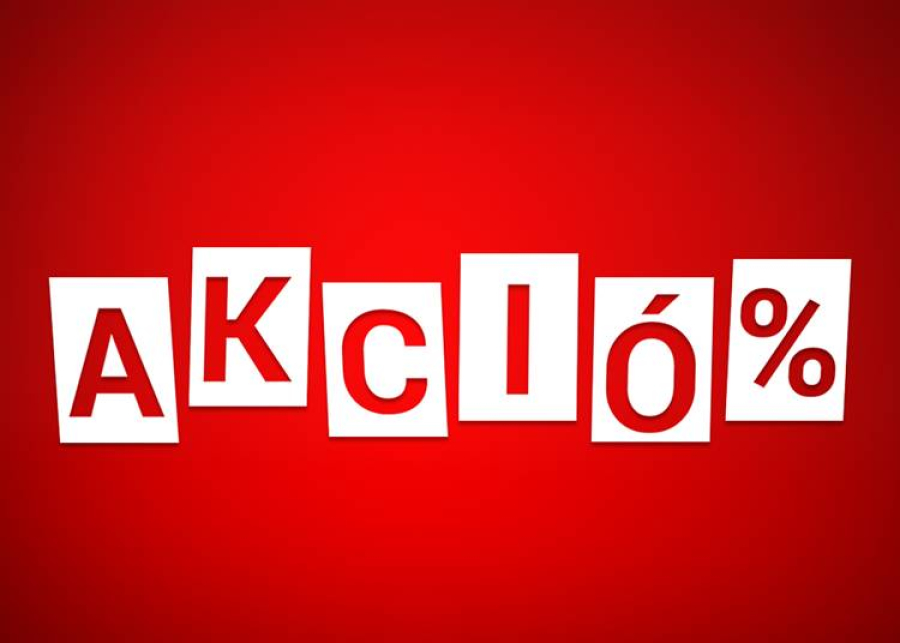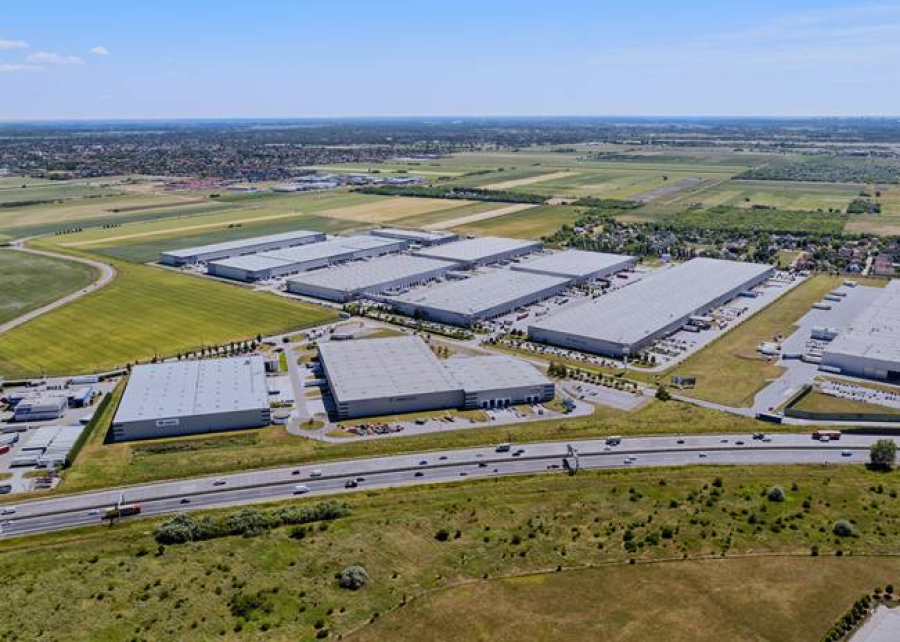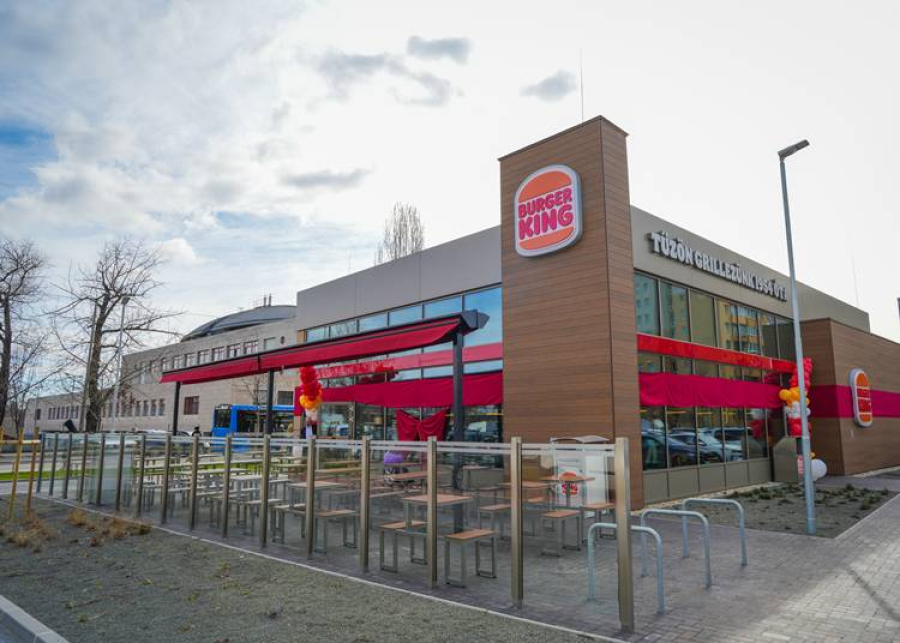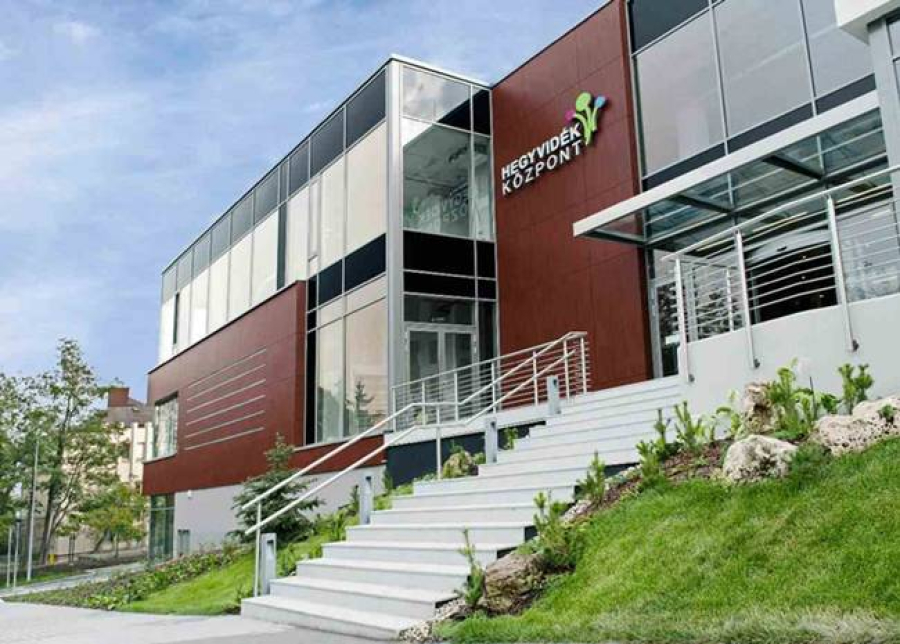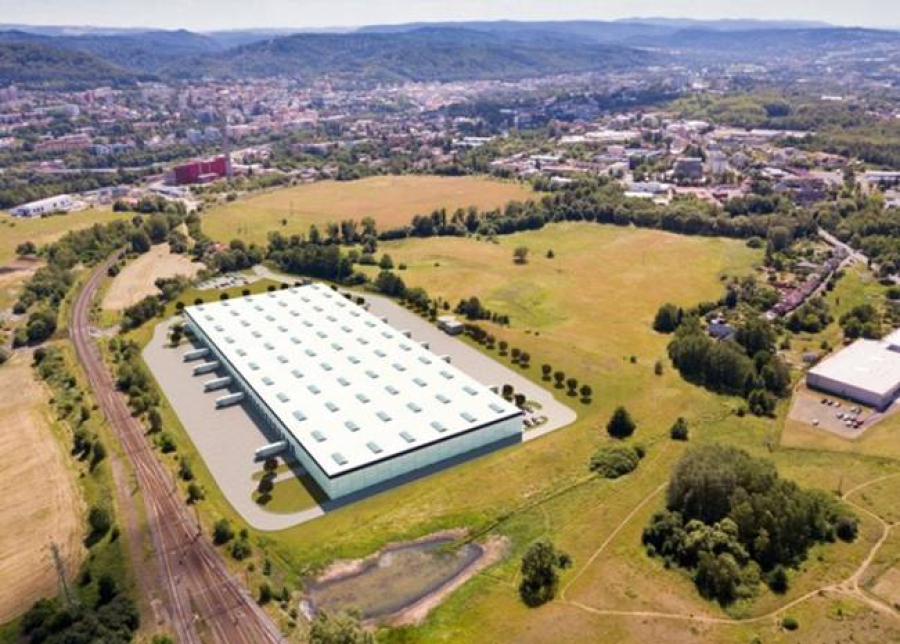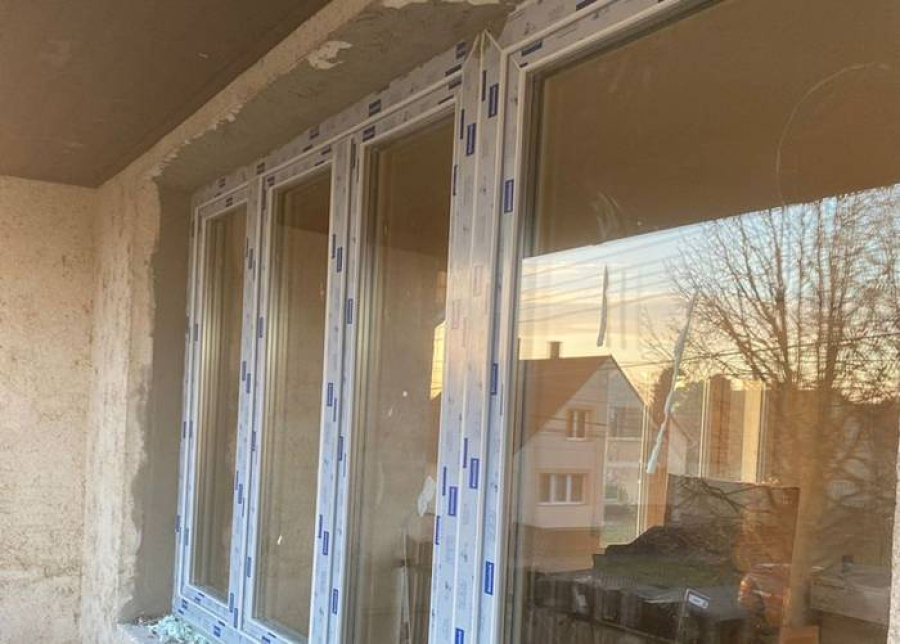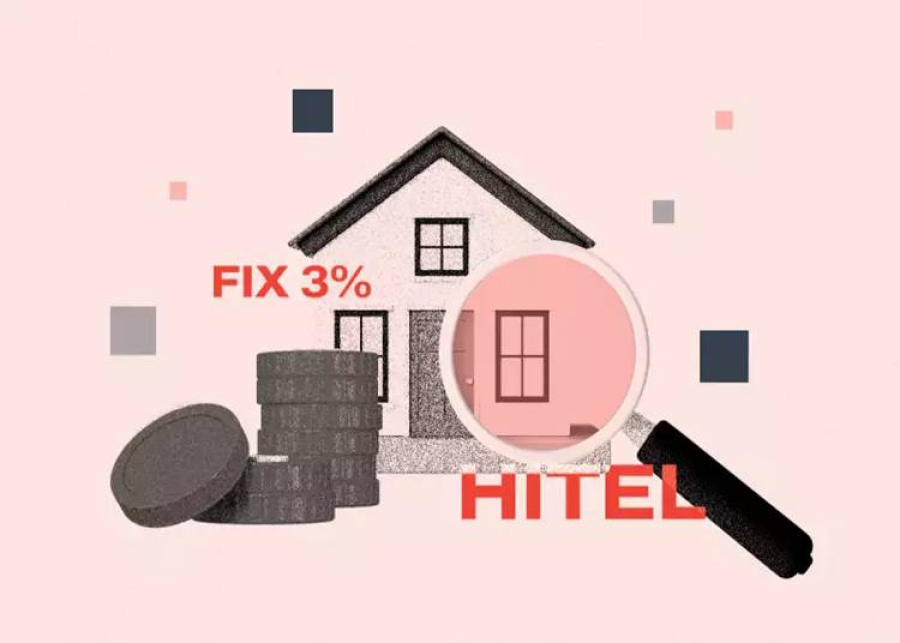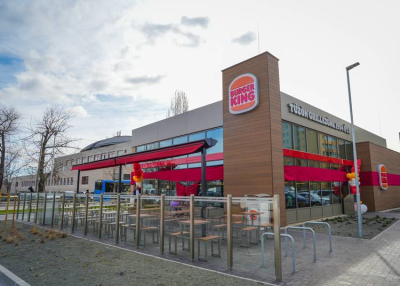Total investment volumes for the CEE-6 reached ca. EUR 2 billion in H1 2023 which is a decrease of ca. 65% YoY. This is in line with trends being recorded elsewhere in Europe and across the globe. Given the prevailing market conditions, cost of debt and the ongoing period of price discovery, predicting investment market activity for the year has been challenging. While we estimate it could reach anywhere in the region of €4.0 billion at the current trajectory, this would be considerably less than the 10-year regional average of €11.0 billion and one of the lowest on record since 2012.
The role and scope of the office is in question worldwide as the way people work has changed profoundly in the post-pandemic world. From geopolitical shifts to the rise in remote work, it is clear that there is no going back to the way things were before 2020. But while such questions lead to difficult answers for landlords in much of the mature markets, the CEE region is a very different point in its development cycle. On a per capita basis, even the most developed cities and largest office markets (like Warsaw, Budapest, Prague and Bucharest) in the region have a stock per capita 2-3 times smaller than in some Western European capital cities. Furthermore, this area of Europe is where much of the growth story has been happening over the last decade”.
Although many expect that rates will start to come down in 2024, major central banks are also keeping the door open to future rate hikes if inflation resurfaces. Higher interest rates naturally make borrowing more expensive and meeting seller’s current pricing expectations more challenging. It also makes the refinancing of loans very crucial to current owners' business models. In fact, instead of a ‘wall of capital’ that was being discussed in recent years, we are now faced with a potential ‘wall of refinancing’ which, estimates suggest, is not exactly a small number.
With increasing pressure being applied to the property and financing industries in terms of their compliance with European ESG regulations, there may well be further implications to pricing as a result. Despite CEE having a relatively young and largely green-certified stock, it is anticipated that for properties to avoid becoming stranded in future, as regulation and costs ramp up, buildings will require further capex to help them meet the required standards. There will also be increasing ESG requirements from the side of occupiers who also need to report on their carbon footprints.
Technology has the potential to significantly impact aging office buildings in maturing office markets. With the rapid advancement of smart building technologies, these older properties can be revitalized and brought up to modern standards without the need for extensive renovations. In office markets, technology can also enhance the user experience within these ageing buildings. Building tenants can benefit from advanced access control systems, personalized climate control, and smart lighting, making the workspace more comfortable and adaptable to individual needs.
To find out more about opportunities in office markets within the local context and a more detailed analysis of modern office supply per capita, vacancy rates, and demand in CEE markets, please read the full report.
I Forrás: Colliers/ OGH News Agency

























